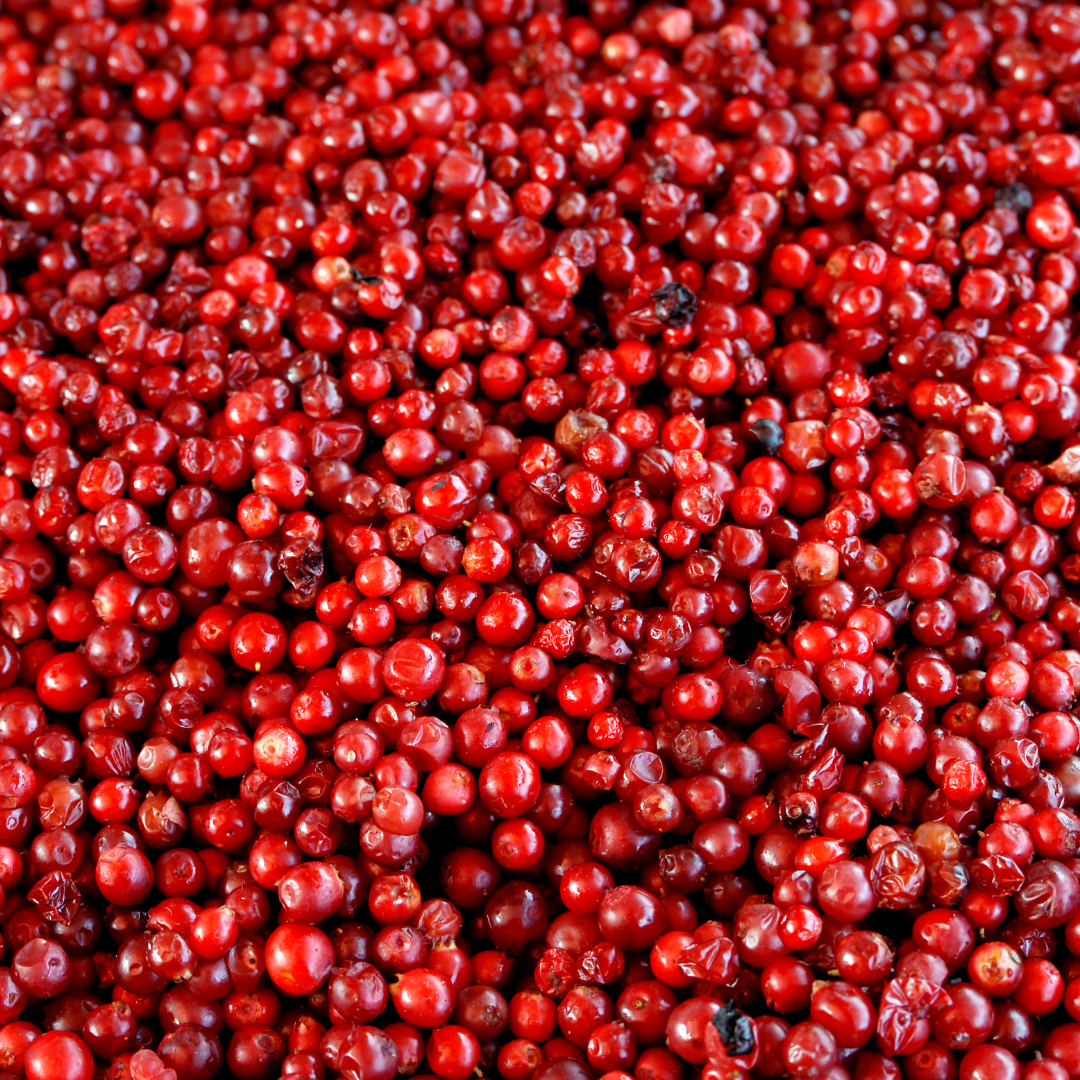Skin
The skin is vital to our health and general well-being. In addition to the skin being the body's first line of defense against bacteria and viruses, healthy skin ensures that the fluid balance is maintained and facilitates the regulation of body temperature. It is our organ our largest and most visible organ, covering almost 30 m² if you count hair follicles and sebaceous glands and making up close to a sixth of our body weight. It is very sensitive and can sense the lightest touch as well as pain. How your skin feels can also have a significant impact on your self-esteem, but conversely you can also say that how you feel is reflected in your skin. What scientists now know is that the skin also forms hormones, so emotions, diet and hormones have a big effect on your skin.
Skin Facts
The skin consists of three layers: epidermis, dermis and hypodermis. The main structural components of the dermis are collagen and elastin, connective tissue that provides strength and flexibility and are the essential components of healthy and youthful skin. These fibers are surrounded by a gel-like substance (containing hyaluronic acid) that has a strong water-binding capacity and helps maintain skin volume. It is this that many are now starting to inject to maintain moisture and fullness.
Why do we have more or less wrinkles?
It's in the genes - look at your parents and you'll get a likely picture of how your skin will age. No two skins are the same, just like ourselves, and it ages differently depending on heredity and lifestyle, but the first signs of aging usually appear on the skin's surface in our 30s. Things that can speed up the process from the outside are, for example, sun, air pollution and smoking. As we get older, the substances that keep the skin smooth decrease. They are collagen, elastin and hyaluronic acid.
Young skin has a structure reminiscent of building blocks: a systematic structure of skin tissue and an abundant supply of collagen. It looks smooth and feels solid. Over time, internal and external factors begin to affect how the skin looks:
» Internal factors: the natural (or biological) aging process is predetermined by our genes, as well as your emotions and hormones.
" External factors: environmental factors that can create oxidative stress, e.g. overexposure to sunlight, poor sleep, wrong type of diet, etc.
From the age of 25, collagen levels decrease by 1 percent per year and, together with an increasingly "disorganized skin tissue", this causes a decrease in the strength of the skin and the appearance of fine lines and wrinkles. Another important factor in the formation of fine lines and wrinkles is surface dryness. As a result of reduced skin functions, mature skin becomes increasingly dry and may also itch and become rough. This is, among other factors, the reason for a reduced amount of hyaluronic acid being produced in the skin. It is the moisture-binding substance that surrounds the cells and gives the skin its youthful, smooth appearance. This decline causes the skin to lose its firmness andh become more susceptible to folds and deep wrinkles.
Photo: Clara Moberg





